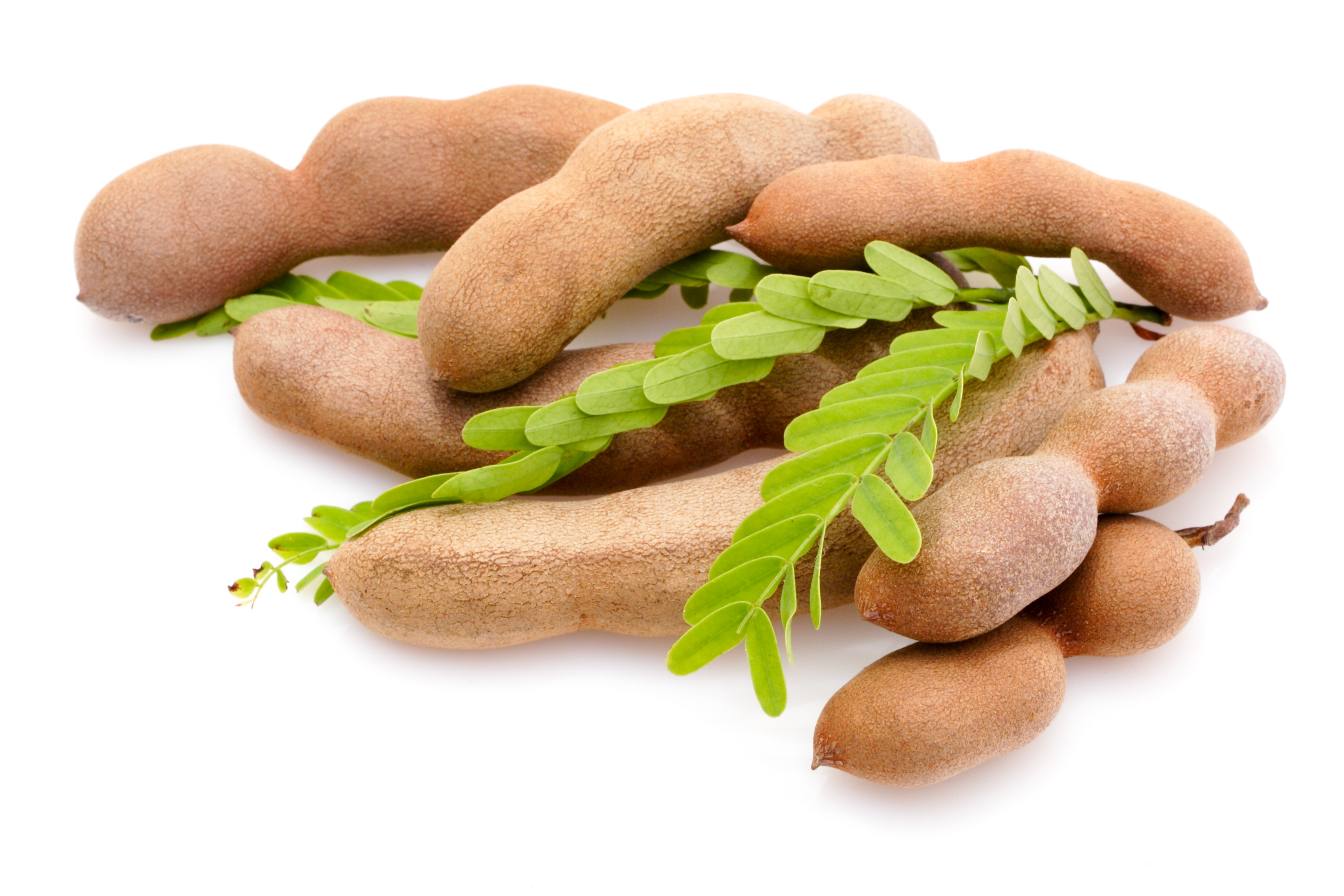Contents:
Medical Video: Healthy Cooking Oils 101
With a variety of endless choices of cooking oil products on the market, it feels easy to get confused and overwhelmed, "which is the best for me?".
The following is a guide to differentiating between healthy and not cooking oil, plus what kind of cooking oil you should use. But this is not only a matter of choosing one of the healthiest cooking oils, but also whether your food will remain healthy after cooking using the oil.
Three types of fat contained in cooking oil
When you cook using high heat, you certainly want to use oil that is stable and not easily oxidized or rancid quickly. When oil experiences oxidation, they will react with oxygen, forming free radicals and harmful compounds that you certainly don't want to find in your body.
What makes cooking oil classified as healthy oil or not depends on the type and amount of fat contained in it. Healthy cooking oil generally has high levels of monounsaturated fat, which is one of the healthiest fat sources and can help reduce cholesterol levels in the blood. However, healthy cooking oil can also contain polyunsaturated fats, which are classified as healthy and can improve heart health.
Saturated fats have only one single bond in fatty acid molecules, while monounsaturated fats have one double bond, and polyunsaturated fats have two or more bonds. This double bond can provide a chemical reaction and is sensitive to heat, thus forming lipid aldehydes and peroxides when exposed to very high heat temperatures. Eating or breathing lipid aldehydes and peroxides, even in small amounts, is associated with an increased risk of heart disease and cancer.
As an illustration, below is the difference between cooking oil containing three types of fat, reported from WebMD:
1. Saturated fat
Example: butter, lard, margarine, coconut oil, palm oil, safflower oil, palm kernel oil
Physical characteristics: solid in room temperature conditions
Foods that are high in saturated fat have been linked to clogged arteries, which then increases cholesterol levels and the risk of heart disease. Some types of cooking oil above have very high levels of saturated fat, even exceeding the source of saturated fat in meat.
2. Polyunsaturated fat
Example: canola oil, sunflower seed oil, walnut oil
Physical characteristics: liquid, even if stored in the refrigerator
Reporting from BBCAccording to Martin Grootveld's research and a team from the Leicester School of Pharmacy from De Montfort University in Leicester, oils that are high in polyunsaturated oils, such as corn oil and sunflower seed oil, produce high levels of aldehyde. However, Grootveld emphasizes that both oils are safe to use as long as you don't place them at high temperatures, for example when frying or cooking.
When used within safe limits, polyunsaturated fats can help increase blood cholesterol levels, thereby reducing the risk of heart disease. Other terms used to describe certain types of polyunsaturated fats are "Omega-6" and "Omega-3". Although both are very important for general body health, omega-3 has additional benefits for heart health and anti-inflammation.
3. Monounsaturated fat
Example: olive oil, peanut oil
Physical characteristics: liquid at room temperature but turns semi-solid (cloudy cloudy) in the refrigerator
When replacing saturated fats, monounsaturated fats can help increase blood cholesterol levels, thereby reducing the risk of heart disease. Olive oil, which contains about 76% monounsaturated fat, is a key element in the Mediterranean diet, which has been shown to significantly reduce the risk of heart disease.
In short, healthy cooking oil is an oil product that contains polyunsaturated fats and monounsaturated oils - such as olive oil and canola - to minimize the risk of various heart diseases. Keep as little saturated fat as you can; Check product labels before buying to see the type of fat contained in them. You should also avoid products made from trans fats and hydrogenated oils - two types of oils that are far worse than saturated fats for your health.
5 best cooking oil choices for health
Start your choice of cooking oil with vegetable-based oils, such as:
1. Olive oil
Monounsaturated fats: 78%
Polyunsaturated fats: 8%
Saturated fat: 14%
Besides being high in monounsaturated fats, olive oil is also rich in antioxidants called polyphenols, which are associated with heart health.
Grootveld generally recommends olive oil for frying or sautéing, because the dangerous aldehyde compounds produced are low and more stable when heated.
However, many argue that olive oil is less suitable for use when frying deep-fry (cooking food in a large oil bath), because it has a low boiling point.
2. Canola oil
Monounsaturated fats: 62%
Polyunsaturated fats: 31%
Saturated fat: 7%
Neutral taste and high smoke points make canola oil an excellent choice for grills and stir-fry. Most canola oil through complex distillation techniques - which means canola oil does not have as much antioxidant as olive oil, but has a relatively longer life span.
3. Grapeseed oil
Monounsaturated fats: 17%
Polyunsaturated fats: 73%
Saturated fat: 10%
Just like olive oil, grapeseed oil produces lower amounts of aldehyde compounds than butter or animal oil. This oil is also rich in saturated fatty acids which makes it more stable when heated. Saturated fatty acids in the content of cooking oil will not make the oil experience oxidation at all.
4. Peanut oil
Monounsaturated fats: 48%
Polyunsaturated fats: 34%
Saturated fat: 18%
Peanut oil is best used for all baked and sauteed dishes. Put smoke from high-grade peanut oil, making it the right choice for high-heat cooking techniques. Peanut oil contains phythosterol which is healthy for the heart, vegetable fat is important for lowering cholesterol and inhibiting the development of cancer.
5. Sesame oil
Monounsaturated fats: 41%
Polyunsaturated fats: 44%
Saturated fat: 15%
Sesame oil has been shown to prevent diabetes, and can also increase plasma glucose in hypersensitive diabetics. In addition, sesame oil can reduce blood pressure in diabetics because of its high magnesium content. Sesame oil is also associated with a decrease in cholesterol levels, because it contains phythosterol which inhibits the formation of cholesterol.
Sesame seed oil can also improve heart health by preventing atherosclerotic lesions with the help of antioxidant and anti-inflammatory agents, called sesamol.
When using cooking oil for cooking, Grootveld recommends minimizing the portion of oil you use, and also take steps to filter oil from cooked foods, such as putting it on tissue paper to absorb oil. Finally, always keep the cooking oil product in a closed and dry cupboard, away from the sun, and try not to use oil for the cooking process many times. This also causes an accumulation of bad effects from cooking oil.
READ ALSO:
- 6 Reasons Why You Should Reduce Fried
- Get to know the different types of good and bad fats
- Fat Not Enemies: Why Fat Can Not Be Avoided












